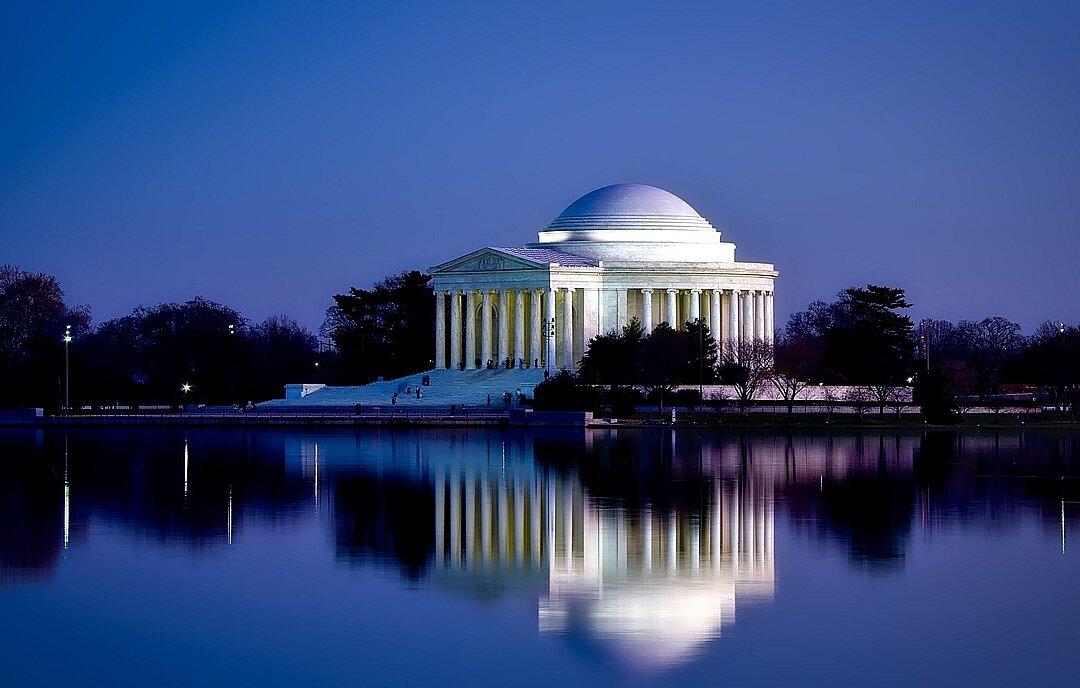Commentary
It sometimes feels as though our democracy is broken, and I wonder if it is our own fault. We have the right to know what our government does on our behalf, but we have become an apathetic citizenry, apparently not caring enough to speak up when we don’t like how politicians run the government or spend our tax dollars.





